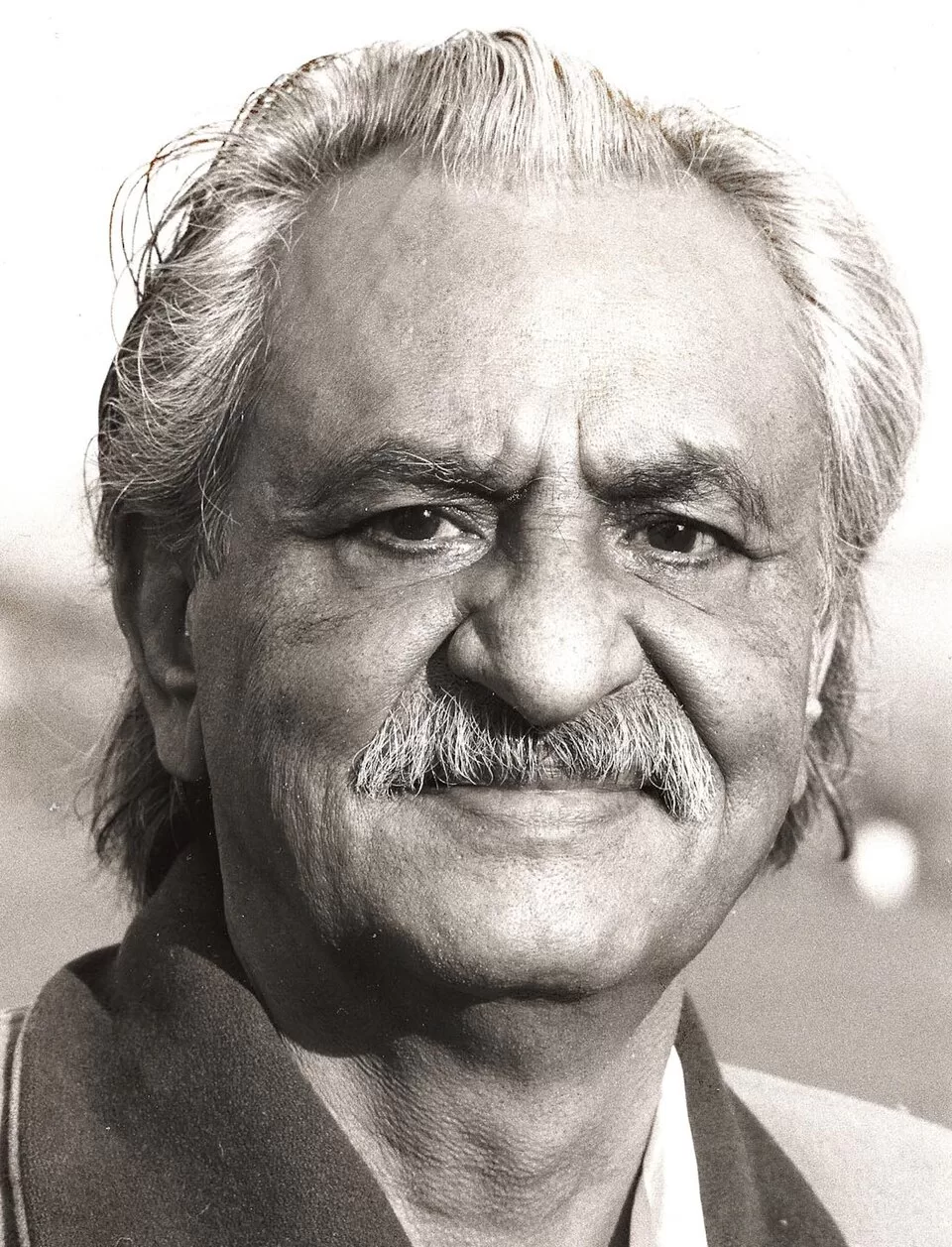Originally published in Sufi Journal Issue 16 (Winter 1992-93)
In Sufi literature many words have been devoted to describing spiritual states, one of which is ‘pain’, a word which has been given various meanings, to which we will now refer.
First of all, it must be made clear that ‘pain’ is a psychological force existing within the Sufi. It is this force which guides the Sufi to perfection and the perception of Reality. It is applied to different states in such expressions as ‘pain and seeking’ the ‘pain of love’ and ‘pain of God’.
A meaning of ‘pain’ is that of ‘separation from the Beloved’, where the one in pain is a person who, in separation, seeks Union and cure.
As Bābā Tāher expresses it:
One person is content with pain, another with the cure;
One is content with Union, another with separation.
I am content with whatever the Beloved desires.
Be it cure, pain, Union or separation.
The true lover prefers the Beloved’s desires to his own, and is content with whatever the Beloved desires — be it pain or cure, separation or Union.
Another meaning of ‘pain’ which is closest to its common usage, is a state which causes sadness and suffering. This kind of ‘pain’ is not present in true Sufis, for they have no desires and are content with God’s contentment. Thus, the Sufi is always joyful, for he who considers himself a Sufi has no reason to be sad. Anyone who is sad and behaves as if he is suffering has not comprehended the true meaning of Sufism, which is surrender to God.
In the words of Ḥāfeẓ:
If there is profit in this market place, it is with the contented Sufi,
O Lord, grant me the blessing of Sufism and contentment!
‘Pain’ has also been employed in another context, that of the ‘pain without cure’, the expression which certain Sufis have taken to mean ‘love’. As Rumi says:
O love, you’re known to everyone under a different name;
Last night I gave it another name, that of the ‘pain without cure’.
In our view, ‘love’ cannot be said to mean ‘pain without cure’, for the love-crazed heart becomes linked to the spirit of Unity by the grace of love, which is the commander of the forces of the realm of Unity. Hence, insofar as love distances the Sufi from multiplicity and created being, it constitutes pain for him, while at the same time conveying the Sufi to Unity and God, it becomes a cure. Thus, love is both ‘pain’ and ‘cure’.

